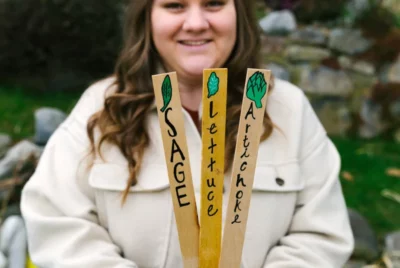RESEARCH
Indoor Nature Interventions for Health and Wellbeing of Older Adults in Residential Settings: A Systematic Review
Summary
This research paper looked at whether bringing nature indoors can help the health and wellbeing of older adults living in care homes and similar settings. The researchers reviewed many studies that explored the effects of different types of indoor nature, such as indoor gardens, plants, pictures of nature, videos, and even virtual reality. They wanted to understand if these “indoor nature interventions” could improve things like mood, thinking skills, and social interaction for older people who might not be able to easily go outdoors. To do this, they carefully looked at 26 studies that used numbers to measure the impact of indoor nature on around 930 older adults.
The researchers found that while there’s some suggestion that indoor nature can be helpful, the evidence is not very strong overall, as many of the studies had issues that could make their results less reliable. However, they did see that interventions where older adults actively interacted with real nature, like indoor gardening programs, seemed to have more positive effects on things like thinking, emotional wellbeing, social connections, and how satisfied they were with life. They think this might be because these activities also encourage social interaction, feelings of control, and learning new skills, which are beneficial on their own.







